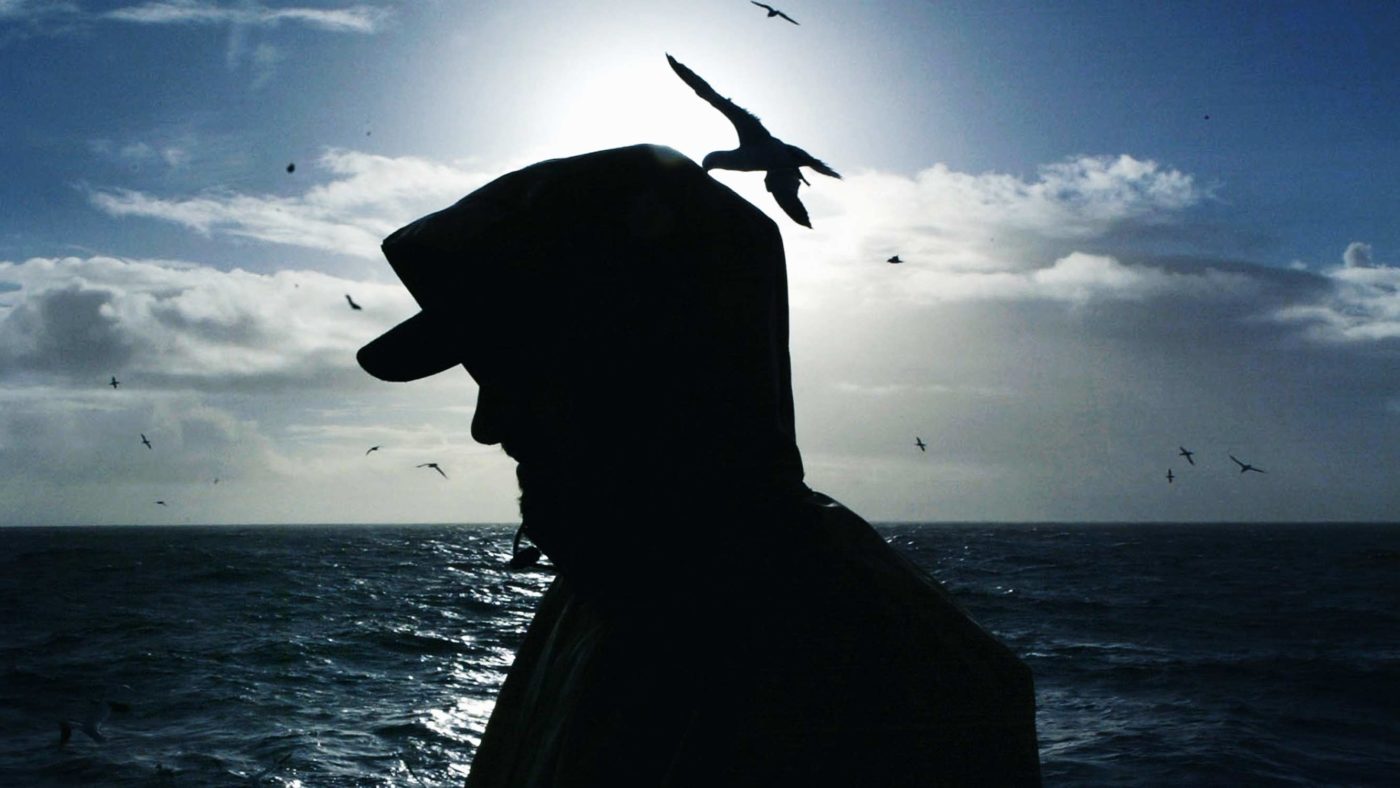The great thing about Brexit is the opportunity it offers for betrayal. The revolution must be pure and no back-sliding is permitted. Hence the increasingly hysterical tone adopted by the bravest Brexiteers. Consider, for instance, the furious rows that lie ahead when it comes to the question of the future of the British fishing fleet.
This week the European Council’s draft Brexit proposals asked for “existing reciprocal access to fishing waters” to be maintained as part of any EU-UK Brexit deal. Just look at the state — and the cheek — of that. What British prime minister worth his or her salt could possibly agree to such a demand? Once again, you see, Britain’s fishermen face the galling prospect of being sold-out by their own government. It happened, according to mythic lore, when this country first joined the European project and it will happen again now that we are leaving it.
And, to be fair, the industry and its champions have a point. Like many betrayals, this one has been hiding in plain sight. The government’s White Paper on Brexit argued that, “given the heavy reliance on UK waters of the EU fishing industry and the importance of EU waters to the UK, it is in both our interests to reach a mutually beneficial deal that works for the UK and the EU’s fishing communities”.
In her Mansion House speech May allowed that although “the UK will regain control over our domestic fisheries management rules and access to our waters” as “part of our economic partnership we will want to continue to work together to manage shared stocks in a sustainable way and to agree reciprocal access to waters”. Just in case there was any doubt, Defra’s own Brexit paper insisted that “alongside rights” the UK “will also have obligations as an independent coastal state to operate with other Coastal States on the management of shared stocks”.
The government, then, could hardly have been plainer or clearer. The UK will look to strike a deal that will reduce but not eliminate foreign vessels’ access to British waters. In return, UK boats will still be able to fish in EU waters. Granted, this is a better deal for the EU than for the UK since the value of fish caught by European boats in UK waters is at least five times greater than the value of euro-fish landed by the British fishing fleet. No wonder the fishermen are firmly of the view that no deal is considerably better than a bad deal; no wonder they also consider any deal a bad deal.
But if we must “sell-out” any industry for the sake of an easier and more prosperous post-Brexit future then fishing is a good industry to choose. Possibly, indeed, the very best one that could be selected.
It is generally accepted that joining the European project was a disaster for the British fishing industry and like many generally accepted truths this one tells only a small part of the story. The truth, astonishingly, is more complicated.
It is true that in 1948 there were almost 40,000 full-time fishermen in the United Kingdom and that the industry has declined to the extent that there are now fewer than 10,000 people earning a full-time living from fishing. Most of that decline, however, occurred before the UK even joined the European Union. In 1975 there were 17,000 fishermen, a figure that fell to 10,000 in 2003 and has since stabilised.
Onshore processing and distribution increases the importance of fishing as an industry but it is impossible to ignore the fact that a single Nissan plant in Sunderland is, as an employment matter, equal to 60 per cent of the UK full-time fishing industry. As a matter of cold, hard, brutal, fact the UK doesn’t need a fishing industry and its contribution to the nation’s economic output is, if not quite negligible, far from economically important.
The industry is important in towns such as Peterhead, Fraserburgh and Grimsby but its true significance is emotional and psychological more than it is economic. The fishing fleet speaks to Britain’s sense of itself as a maritime nation. The little boats — though many of them are actually multi-million pound vessels these days — are part of what makes us who we are; no foreigner shall dare to curb their rights of passage. The fishing-boat-bobbing seas are our seas.
In truth, however, fish are citizens of nowhere and if the fishing industry had its way there’d be markedly fewer fish in the ocean to begin with. Without government intervention, the industry would have cheerfully fished itself out of a future. Give a man a fish and he may eat for a day; agree a science-based system of quotas and he may yet fish for a lifetime.
In any case, Brexit necessarily requires compromise. Those Remainers who despair at the manner in which the government sometimes seems to have been captured by hardline Brexiteers might pause to reflect on the manner in which those same Brexit ultras are busy writing a narrative of betrayal when it comes to the fishing industry.
Far from being a betrayal, Michael Gove’s proposals for an ongoing arrangement that, while beneficial to the British fleet, still offers the continentals something of what they want should be understood as welcome evidence of Brexit pragmatism. As was the case in the 1970s, conceding on fishing allows the UK to take advantage of opportunities elsewhere in industries that are manifestly more important to this country’s prosperity than fishing. That is, in fact, almost every other industry you can think of.
This, in other words, is no time to be having your fish and eating it, and not just because doing so means there may be no more fish tomorrow anyway.


